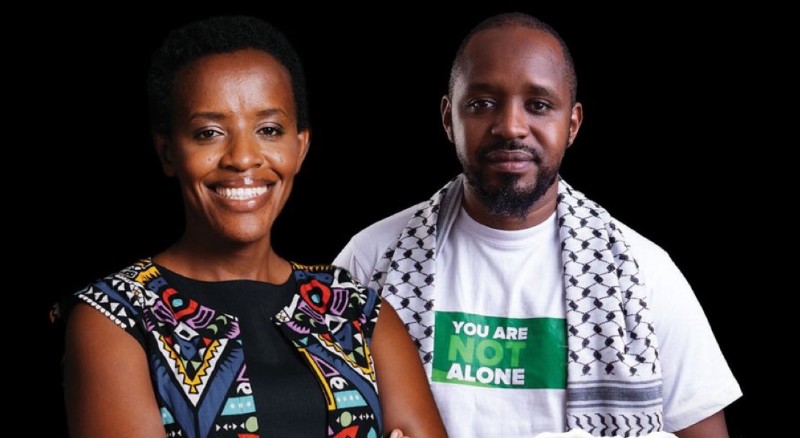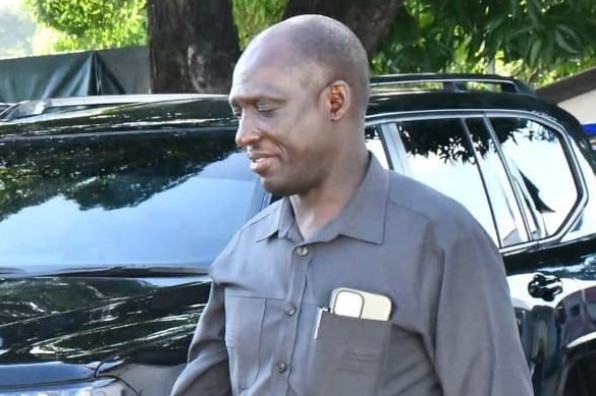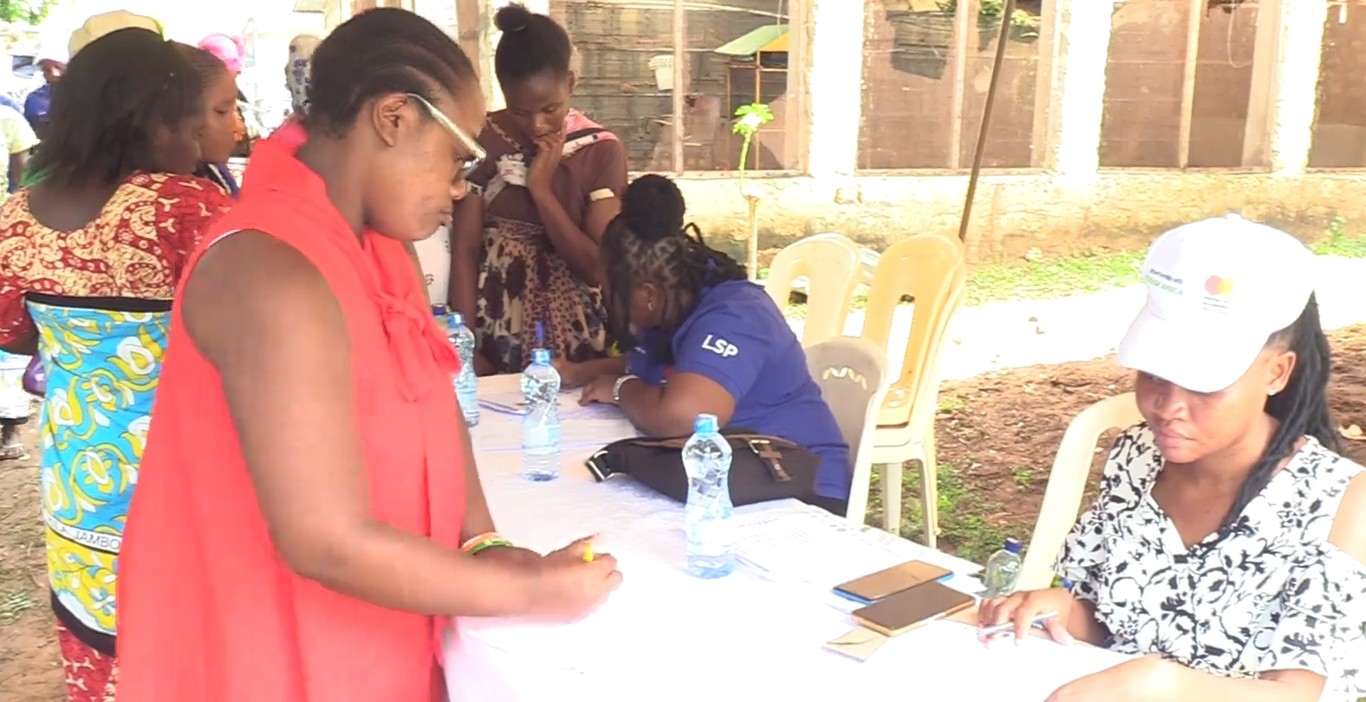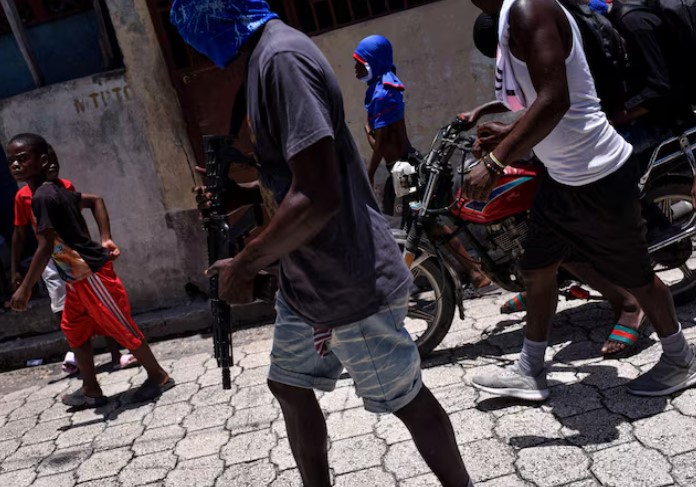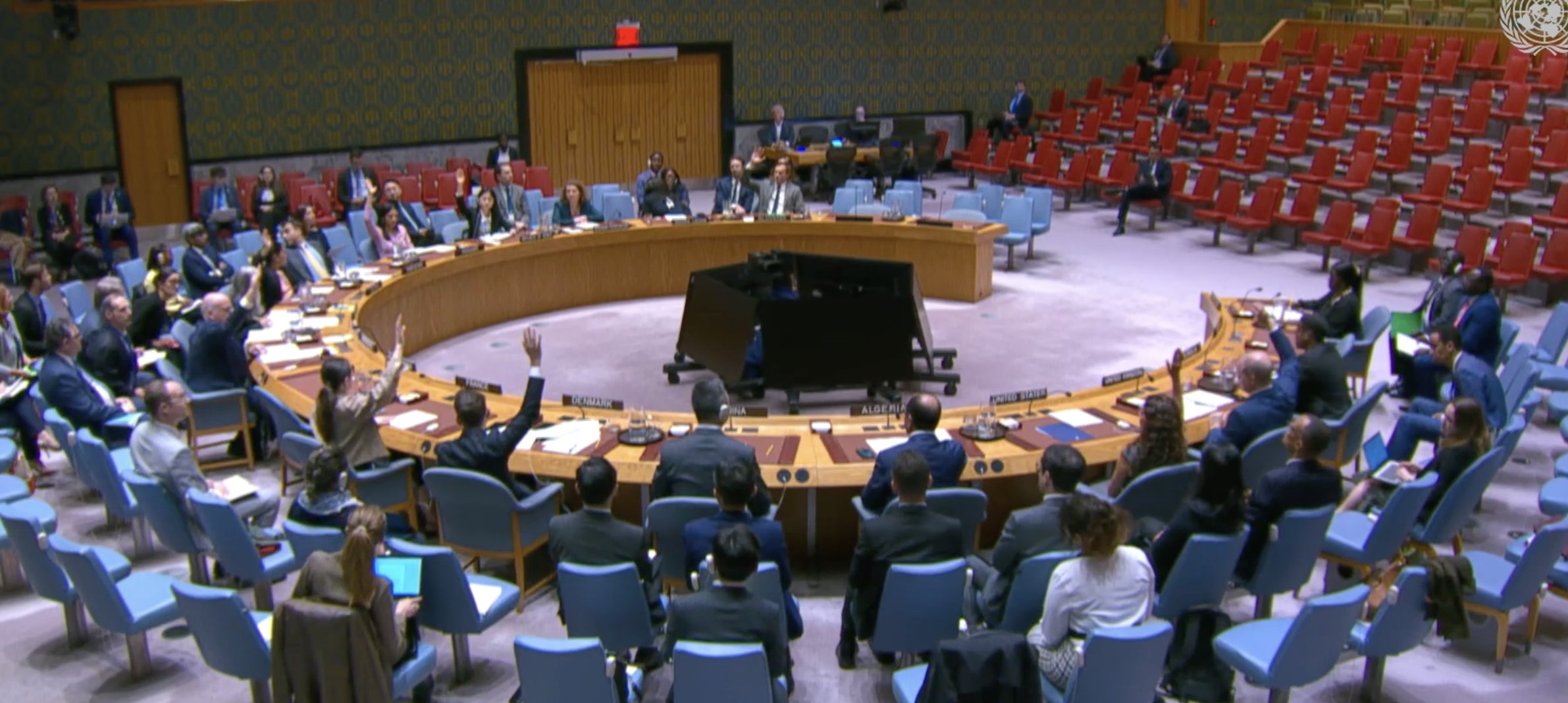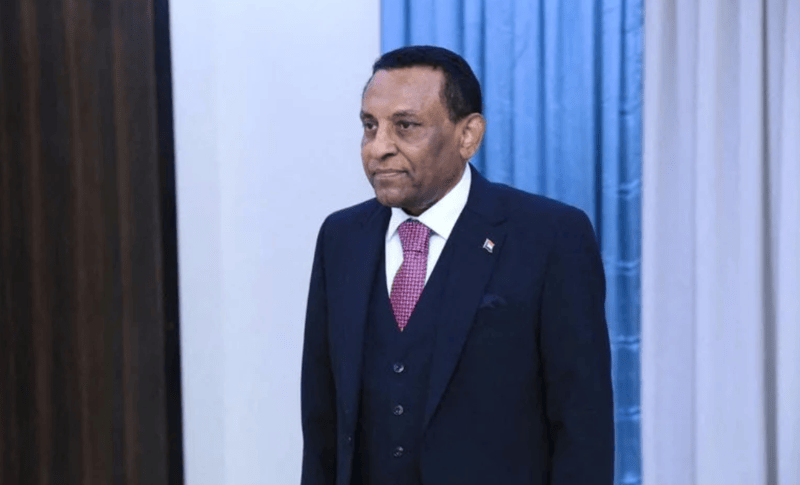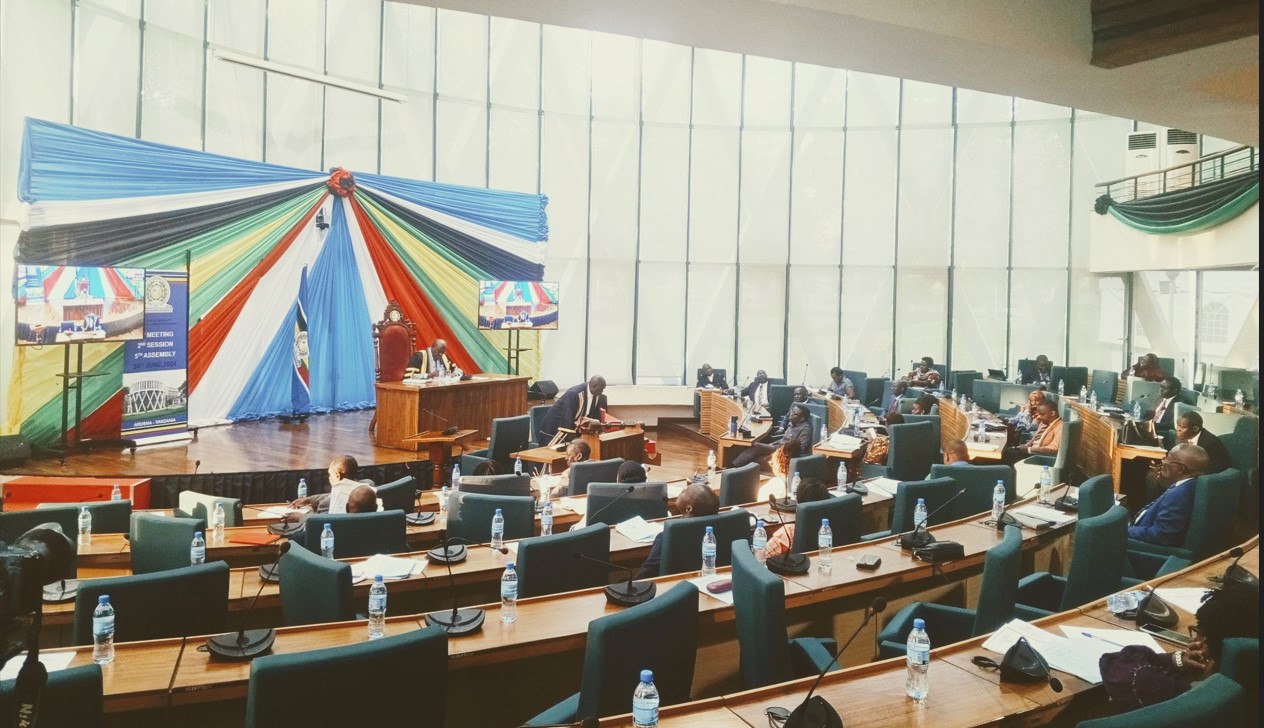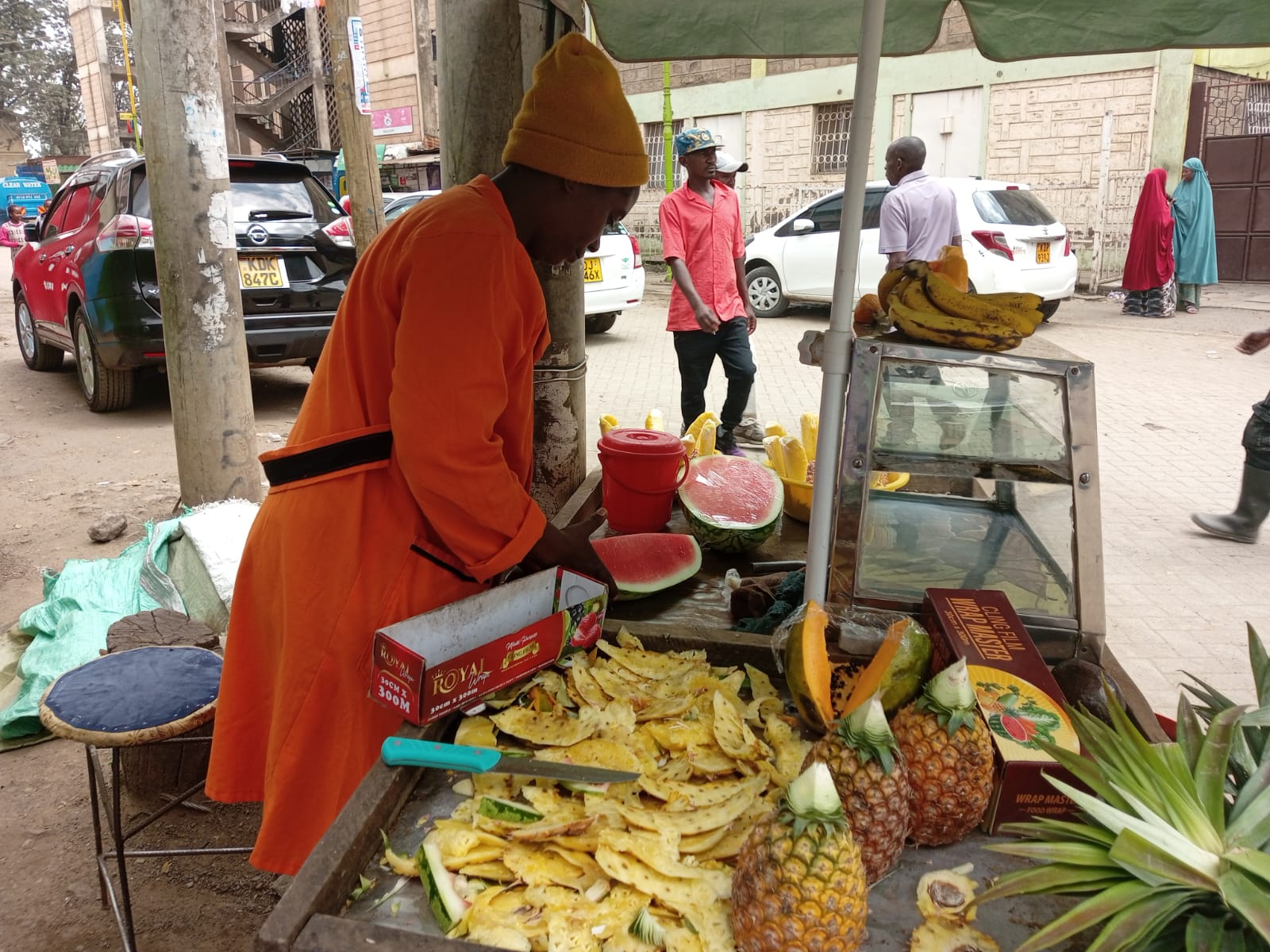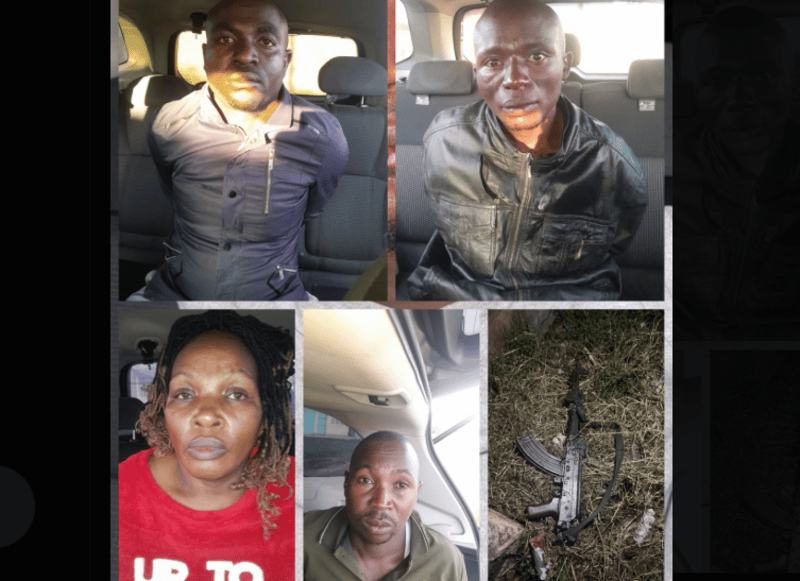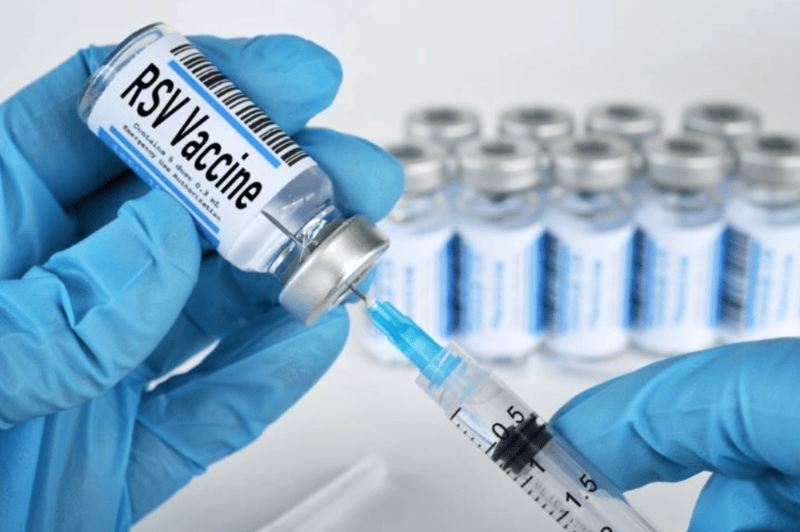Beyond the bullet wound: Soldier’s descent into depression and family’s unfinished grief

Post-traumatic stress disorder is a prevalent mental health condition and a significant public health concern, often arising from exposure to life-threatening or traumatic events.
For Bashir*, 2017 marked the beginning of his family’s unravelling, when his once strong-willed uncle returned from military deployment in Somalia bearing not only a gunshot wound, but the first signs of a deeper, invisible trauma.
He had served for years, stationed on and off in a volatile region, fighting Al-Shabaab militants as part of the national security forces. Though he had previously returned from missions appearing unharmed, this time was different. He came back with a gunshot wound on his hand—an injury that required surgery and recovery. But as his body healed, something else emerged. Something deeper. Something invisible.
More To Read
- Somalia reinstates Mahad Salad as intelligence chief amid leadership shake-up at NISA
- Somali, Turkish presidents hold talks to deepen cooperation on security, energy and development
- Airstrikes against terror groups in Somalia double as US maintains counterterrorism support in Africa
- Severe funding cuts force sharp scale-back of humanitarian aid in Somalia, threatening millions
- Kenya cancels launch of Somaliland liaison office in Nairobi, reaffirms Somalia ties
- Kenya reaffirms Somalia’s sovereignty as Somaliland leader heads to Nairobi
At first, the changes were subtle—he grew unusually quiet, spending sleepless nights staring blankly into space, as if trapped in a world no one else could reach. Days would pass without him saying a word. Then came the moments of extreme unease—episodes that terrified the family, where he seemed detached from reality, overwhelmed by a force they couldn’t understand or control.
“When he returned in that condition, we took him everywhere,” Bashir says. “From Kenyatta National Hospital to private hospitals in Nairobi, and even India. Sometimes he would get better—start talking, smiling, engaging—but without warning, he would slip back.”
These relapses became a painful pattern.
Mental and emotional disconnection
Every year, without fail, his uncle would experience extended periods of mental and emotional disconnection. For days—sometimes more than a week—he wouldn’t sleep, wouldn’t speak, and wouldn’t respond. The family would live in fear during these episodes, unsure of what might happen next.
One memory haunts Bashir more than most.
In 2021, after a trip to Kismayo, his uncle asked him to book a session at the hospital. As they prepared to leave, Bashir received a call. His uncle had experienced a serious fall from the ninth floor of a building.
Miraculously, he survived the fall, broken by electric wires that saved his life.
“It was like he wasn’t in control anymore,” Bashir explains. “Sometimes it felt like he was seeing or hearing something that none of us could. He would suddenly stand up, as if drawn to something, and act impulsively. We couldn’t leave him alone during those times.”
The family didn’t stop fighting for him. They explored every option—mental health professionals, spiritual counselling, mosque prayers, and traditional healers. They tried to wrap him in love, faith, and support. But despite their best efforts, the episodes kept coming back, stronger each time.
In 2024, the family faced the tragedy they had always feared.
Dead
It was a quiet day. His uncle had been sharing a meal with his brother and had just called Bashir to schedule another appointment for treatment. He suddenly mentioned feeling unwell and excused himself to use the bathroom. Within moments, he was gone, leaving a void that words cannot fill. He jumped from the 10th floor and died on the spot.
“He had just become a father again,” Bashir says. “His baby was only 20 days old. That made it even harder. He seemed happy, especially when he was on his medication. He’d work, run his business, even travel abroad. But when those episodes came, he wasn’t the same person. It was like the war never left him.”
The shock of his passing still lingers. Bashir, now more aware of the fragility of mental health, finds himself struggling too.
“Since his death, I’ve developed panic attacks. Anytime I get a phone call from my family, especially late at night, my heart races. I fear something terrible has happened again.”
Living with extended family in both Kenya and Mogadishu, where instability and violence are still a constant threat, Bashir carries the double burden of grief and anxiety. But what weighs heaviest on him is the memory of someone who was once so full of life, generosity, and strength.
“He did so much for me,” Bashir says softly. “He paid my school fees, bought me my first camera, my first laptop, and my first phone. He even enrolled me in videography classes. That’s my job now. He gave me a path, a future.”
Today, his uncle’s wife is left to raise three young children alone. The man who was once the family’s provider, protector, and source of joy is now a memory—one they hold onto dearly.
“We miss him terribly,” Bashir says. “But we try to focus on the good. On the memories that make us smile. On the legacy he left behind.”
Mental health
In communities where mental health is still misunderstood or stigmatised, these struggles often go unseen and untreated until it's too late.
“He wasn’t sick in the way people understand illness, his body was strong. But something inside was broken, and we couldn’t reach it in time.”
For years, attempted suicide in Kenya was treated as a criminal offence under Section 226 of the Penal Code. This law not only discouraged individuals from seeking help but also led many communities to conceal such attempts out of fear—fear of being criminalised, labelled as bewitched, or considered possessed.
However, in a landmark decision, the High Court has declared this provision unconstitutional.
Justice Mugambi ruled that criminalising attempted suicide violates Articles 27, 28, and 43 of the Constitution, which guarantee equality, dignity, and the right to the highest attainable standard of health, including mental health.
Post-traumatic stress disorder (PTSD) is a mental health condition triggered by experiencing or witnessing a traumatic event. It often involves symptoms such as flashbacks, nightmares, severe anxiety, and uncontrollable thoughts about the incident.
However, PTSD is just one possible outcome of trauma; unprocessed trauma can manifest in a variety of harmful emotional states.
PTSD poses a serious public health problem due to its prevalence. It is a commonly occurring mental health consequence of exposure to life-threatening events such as battle, sexual assault, natural disasters, and serious accidents. Frequently associated with the occurrence of other mental disorders, such as depression and an increased risk for suicide.
Emotional scars
According to Mary Akinyi, a counselling psychologist, when trauma remains unresolved, it frequently leads to deep insecurity, chronic anxiety, persistent self-blame, and feelings of brokenness. This is especially true in cases involving violence or betrayal—two of the most psychologically damaging types of trauma. These experiences can leave lasting emotional scars, altering how individuals perceive themselves and the world around them.
“Unresolved trauma causes individuals to lose their sense of identity and safety. They carry an internal belief that something is inherently wrong with them, which makes it even harder to seek help.” This distorted self-perception often contributes to a cycle of shame and isolation, preventing healing.
Left untreated, PTSD can evolve into serious mental health conditions such as depression, anxiety disorders, and even substance abuse.
Recovery from trauma is not a quick fix. It’s a long, deeply personal process that requires time, patience, and professional care. With the right support system, individuals can reclaim their sense of self and begin to heal from even the most profound emotional wounds.
“Time does not heal by itself; it’s merely a container in the healing process. People try to bury their wounds, hoping they will fade, but unresolved trauma almost always resurfaces, particularly in adulthood.”
According to the World Health Organisation, about 3.9 per cent of people worldwide have experienced PTSD, with rates rising above 15 per cent in conflict-affected areas and among survivors of sexual violence.
In Kenya, studies suggest a significant burden of PTSD. One rural study found a 10.6 per cent prevalence of probable PTSD in the general population.
Alarmingly, among conflict-affected groups, lifetime PTSD rates have been reported as high as 72.9 per cent, with current rates at 65.7 per cent. Women, single individuals, and those facing recent life stress are especially at risk.
Top Stories Today




